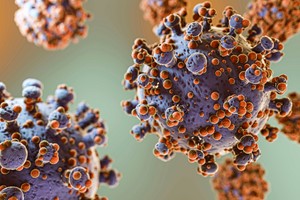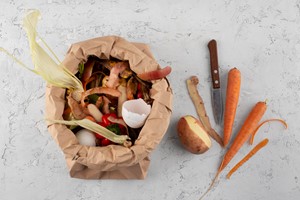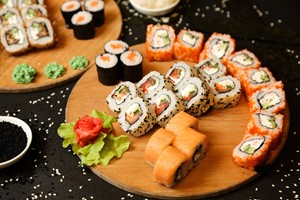In the face of escalating global food insecurity compounded by rapid population growth and the adverse impacts of climate change on agricultural productivity, a groundbreaking proposal emerges from the labs of the Korea Advanced Institute of Science and Technology (KAIST). In a recent paper published in 'Nature Microbiology', Research Professor Kyeong Rok Choi and Distinguished Professor Sang Yup Lee advocate for the widespread adoption of microbial foods as a viable solution to these pressing challenges.
Microbial foods, as defined by the researchers, encompass a diverse array of foods and food ingredients produced utilizing microorganisms. These foods boast several key advantages over traditional agricultural products. With a significantly higher protein content per unit of dry mass, comparable to that of meat, microbial foods offer a promising avenue for addressing the protein deficit looming over global food systems. Moreover, their production generates minimal carbon dioxide emissions, presenting a sustainable alternative to conventional farming practices.
Fermented foods, a common feature of many culinary traditions, serve as a readily available example of microbial food production. Through the fermentation process, microorganisms transform low-nutrient substrates into rich sources of essential nutrients, such as proteins and vitamins. Beyond fermentation, researchers explore a spectrum of techniques to isolate and purify valuable food compounds from microbial biomass or culture media.
The paper provides a comprehensive overview of strategies for leveraging non-edible raw materials to cultivate microbial foods sustainably. By harnessing these methods, the researchers envision a future where microbial foods become commonplace on dining tables worldwide, offering not only environmental benefits but also superior nutritional value and taste.
Second author Seok Yeong Jung emphasizes that the future of microbial foods lies not in obligation but in choice, highlighting their potential to revolutionize dietary preferences. Distinguished Professor Sang Yup Lee calls for intensified collaboration across industry, academia, and the public and private sectors to accelerate the development and widespread adoption of diverse microbial foods, fostering a sustainable legacy for future generations.
The research, funded in part by the Ministry of Science and ICT and the Rural Development Administration, represents a significant stride towards realizing the vision of sustainable food production. As the global community grapples with the intertwined challenges of food security and environmental sustainability, the insights gleaned from KAIST's pioneering work offer a beacon of hope for a nourished and resilient future.
news-medical.net














